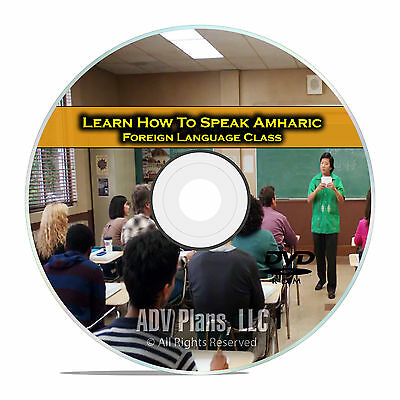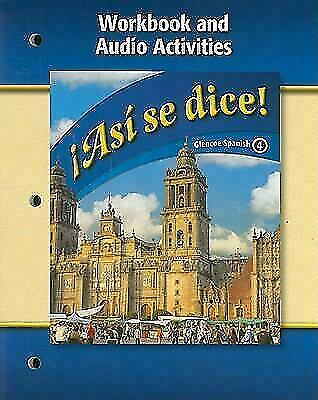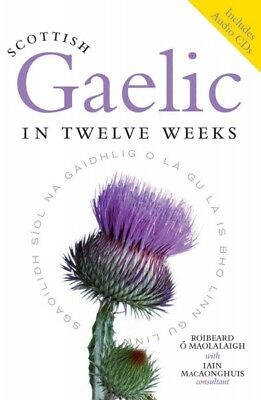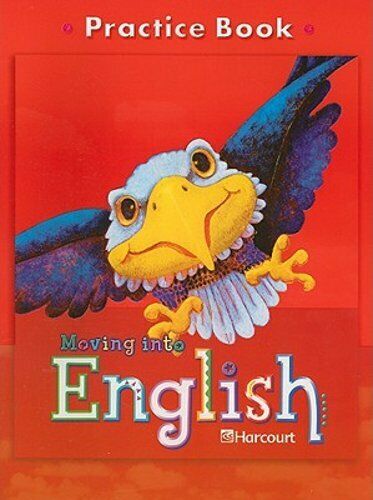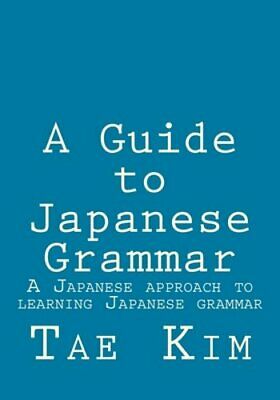-40%
Using Tenses in English : Past, Present, Future, Paperback by Joshi, Manik, B...
$ 6.25
- Description
- Size Guide
Description
Using Tenses in English : Past, Present, Future, Paperback by Joshi, Manik, ISBN 1492743097, ISBN-13 9781492743095, Brand New, Free shipping in the USTenses could be defined as “any of the form of a verb that may be used to show the time of the action or an event or state expressed by the verb”. THERE ARE THREE KINDS OF TENSES: The Past Tense – The form of a verb that usually expresses an action that happened in the past [Action happened before present] | The Present Tense – The form of a verb that usually expresses an action that happens at this time [Action happens in present] | The Future Tense – The form of a verb that usually expresses an action that will happen in future [Action will happen after present] | EACH OF THESE THREE KINDS OF SENTENCES HAS FOUR TYPES OF FORMS: Indefinite or Simple Form, Continuous or Progressive Form, Perfect Form, Perfect Continuous or Perfect Progressive Form | EACH OF THESE FOUR TYPES OF FORMS HAS FOUR KINDS OF STATEMENTS: Affirmative Statement -- Used to Show 'Agreement’; Negative Statement -- Used to Show 'Disagreement’; Interrogative Statement -- Used to Ask 'Question’; Interrogative-Negative Statement -- Used to Ask 'Question’ and Show 'Disagreement’ | Present Indefinite Tense - Expresses – Permanent situation [in the past, present and future] Example: Our family lives in Seattle. | General truth (fact or statement) -- Example: Clean water is fundamental to public health. Example: Many barrages have no utility and causes floods. | Habitual action [actions that occurs regularly] -- Example: She listens to music every day. | 'Future meaning’ (timetable, planned event, etc.) -- Example: My shop closes at 9pm. Example: The train arrives at 7:30pm. | Traditions, rituals, customs -- Example: Indians celebrate festival of light in the month of Oct-Nov. Commands and Instructions [Imperative Sentences] -- [Note: In imperatives, subject 'you’ remains hidden] -- Example: Condemn perpetrators of terrorism. Example: Promote values of humanity and tolerance. Example: Tell us about the exact nature of your work. | Used in if-clause of present and future real conditional sentences - Example: If I go there, I meet him. Example: If things don't work out, we won't be panicked. | Headlines in news reporting [Use of simple present tense instead of simple past tense is common in news headlines] - Example: Flight skids on landing at airport. Example: Thunder storm brings relief to residents. | (A). AFFIRMATIVE PATTERN – subject + first form of main verb + other words -- Singular Verb is used with subject 'He and She’ + All Singular Subjects. Plural Verb is used with subject 'I, We, You and They’ + All Plural Subjects. Examples: He/She talks. I/We/You/They talk. We seek opportunity to chart out our own course. Lean margin of victory or defeat gives an impression of a tough contest. Nowadays, voters value development over other issues. They want civic amenities and employment opportunities. (B). NEGATIVE PATTERN – subject + auxiliary verb 'do/does’ + not + first form of main verb + other words -- Auxiliary Verb 'Does’ is used with subject 'He and She’ + All Singular Subjects. Auxiliary Verb 'Do’ is used with subject 'I, We, You and They’ + All Plural Subjects. Examples: He/She does not talk. I/We/You/They do not talk. Most buses do not cater to interior parts of the villages. He does not know what to say.

